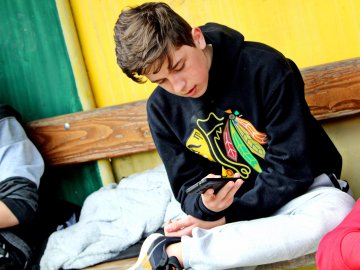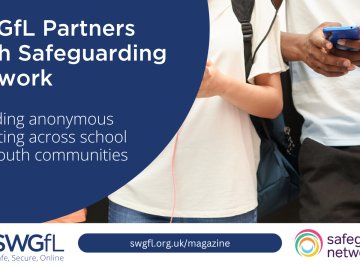Google Yourself!
It’s surprising what you might find…And don’t just stop there. It’s not only google that hold embarrassing relics from the past, you better check Yahoo, Bing and even ASK.com! Make sure you have turned safe search off, and if there is anything really unsavoury, you do still have some time to get it sorted. For old accounts, contact the sites to get them de-activated or ask for content removal from site hosts. There is also the google “right to be forgotten form”, but remember that only applies to google! (there are similar forms for all search engines) https://support.google.com/legal/contact/lr_eudpa?product=websearch&hl=en
Social Media Lock Down
Now would be a really good time to;
Sift through content and delete where necessary. Do the Nana test, if you wouldn’t want Grandma to see it, delete it / don’t post it.
Ensure you have utilised all privacy settings on your accounts, fortunately we have checklists for Facebook, Twitter and Instagram that can guide you through this.
* Don’t forget pictures are often public by default, so check and check again you don’t want pupils printing off the pic of you in Maga ‘09!?
Check the Schools AUP
All schools should have an Acceptable Use Policy with regards to online activity. This should outline what they expect from you and your pupils, including things like; NOT friending pupils and parents, posting about school or specific pupils and so on. It may also be worth you drawing up your own and sticking to it, for example, what will you do if a pupil you got on well with requested you as a friend on Facebook 2 years after leaving school? This is totally up to you, and there is no wrong or right answer but it’s good to have a party line and stick to it. This could also apply to other school staff.
Get Appy
Take some time to familiarise yourself with the apps and games the pupils at your school are using, this will stand you in good stead and help you understand what the hell they’re talking about. Just to give you an idea, the most popular apps at the moment are; snapchat, Kik, ooVoo & Instagram. Have a look around and see what they’re about, if you’re not aware already. Hopefully this will prevent you updating your status on snapchat, and in turn losing the respect of your class...
Keeping Up with the Kids
Familiarise yourself with the online issues children are dealing with today, this way you will hopefully be able to identify issues faster and be better equipped at helping with them! Read up on topics like; sexting (read my blog on sexting here), cyberbullying, catfishing and online grooming. Also do some research to find out the most popular games for the age group you will be teaching, brownie points = building the Taj Mahal on Minecraft!
Online Dating
If you have ever had an online dating profile just make sure that it as private as possible using an alias or maybe even consider deleting it if you no longer use it. If online dating is your thing I would strongly recommend moving on to a paid subscription membership site, that way you run less of a risk of a disgruntled pupil putting your name into POF and digging up some sultry pics you’d rather leave buried! Might also be an idea to make sure anyone you are chatting to / dating online is not a parent or teacher at the school (!)
Back yourself with the Best
Go in armed with each of our checklists* links can be found in pdf here on the right hand side; you can also order your school up to 500 copies for free here; and last but by no means least you will need the POSH helpline number!! We are here 10-4 Monday to Friday to give expert advice on any online issue big or small. Why not print off a postcard and stick it on your desk; am I over selling it?!
I hope I’ve not scared you out of teaching, remember that this is all to prevent worst case scenario and the likelihood is that you won’t have to worry about your online reputation being compromised. But we do live in a world now where a large proportion of a child’s life is played out online, and to enable you to be the best teacher you can be, you need to be aware of the risks and the positives.






